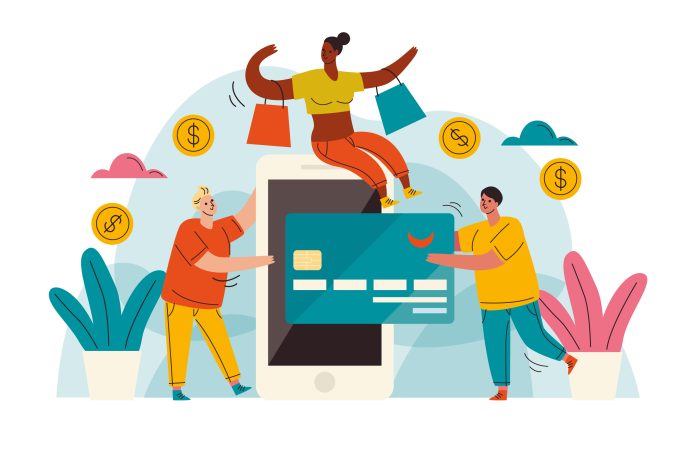Businesses struggled to satisfy supply chain challenges and reach consumers on their mobile devices during the pandemic’s deadliest days.
The adjustments appeared to be transitory since business would resume normalcy after the health crisis subsided. Many of the changes brought forth by the big digital transition were permanent once economies reopened.
Consumers, for example, have built expectations of omnichannel experiences, particularly when it comes to payments. Businesses must now ensure that they are responding rapidly to changing market conditions and payment preferences. Speedy and efficient payments have also proven to be a crucial competitive advantage in their ties with trading partners.
In an interview with Eileen Dignen, global head of payments for Corporate Client Banking at J.P. Morgan, stated that by partnering with banks, including J.P. Morgan, enterprises can gain access to innovative solutions and guidance that help business models evolve while improving speed, accuracy, and security.
Dignen told Webster that digital is no longer a strategy, but rather a means of conducting business. And many businesses must determine what comes next.
Embedded payments are one of the important developments that may help businesses engage with their clients and consumers in new ways.











